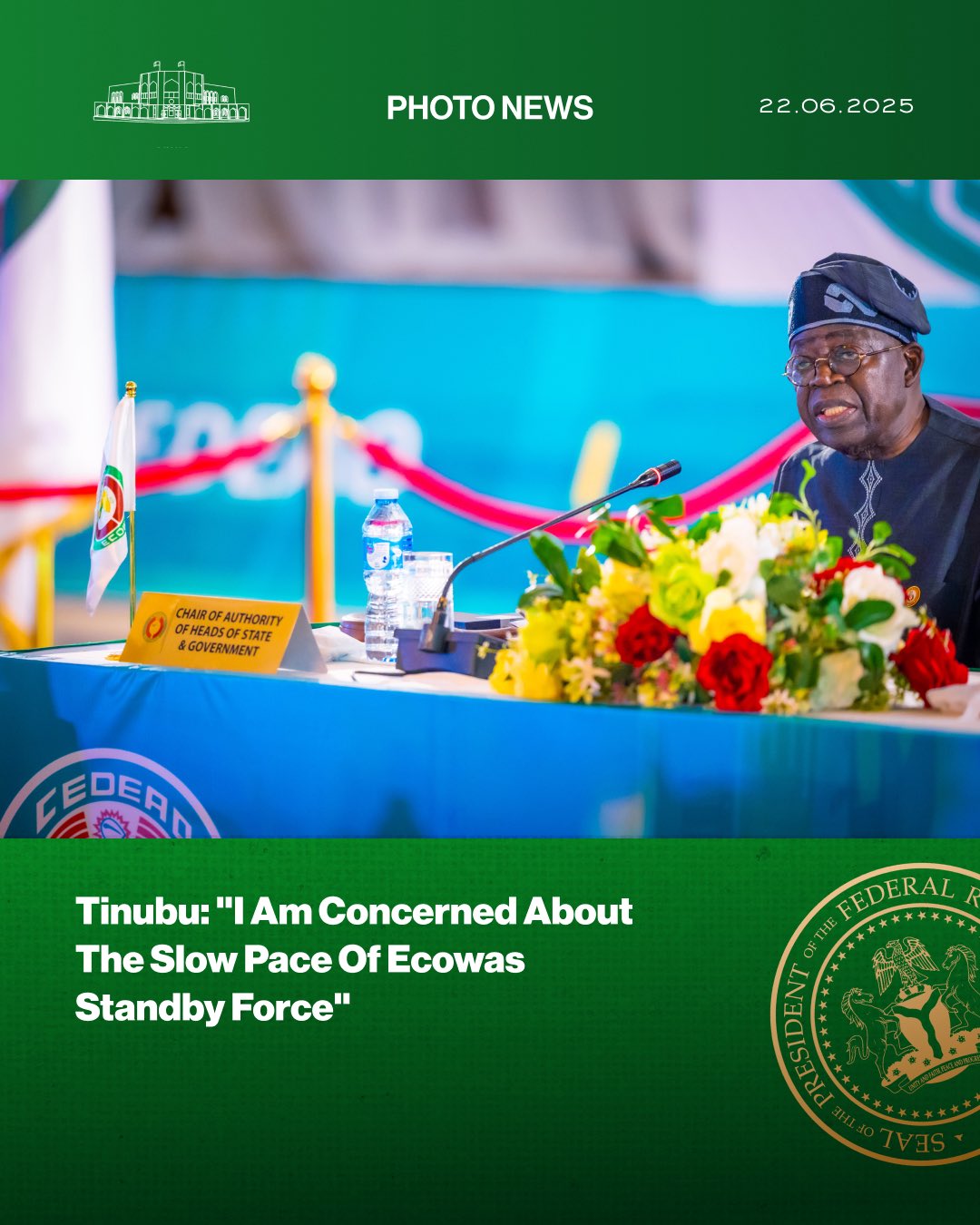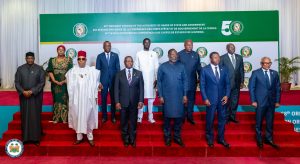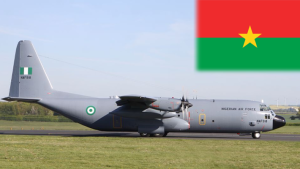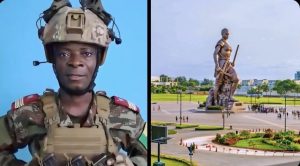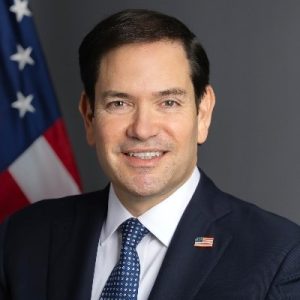Former ECOWAS Chairman and Nigerian President Bola Ahmed Tinubu has voiced concerns over the sluggish activation of the ECOWAS Standby Force, urging West African leaders to expedite its operationalisation to combat terrorism and transnational crime. Speaking at the 67th ECOWAS Heads of State and Government Summit in Abuja on 22 June, Tinubu described the delays as “worrying” and called for a swift transition from “concept to reality.” However, his remarks have drawn sharp criticism, with many questioning the credibility of his urgency given Nigeria’s own struggles with insecurity under his leadership.
Tinubu, who handed over the ECOWAS chairmanship to Sierra Leone’s President Julius Maada Bio at the summit, highlighted achievements during his two-term tenure, including the completion of the ECOWAS Military Logistics Depot in Lungi, Sierra Leone. He noted that the depot would bolster regional security by facilitating equipment and logistics support for deployed forces. Additionally, he referenced Nigeria’s commitment to sea-lift and air-lift arrangements with ECOWAS, cemented by an agreement signed with the African Union in February 2025.
Yet, Tinubu’s call for urgency in activating the Standby Force has been met with scepticism. Critics argue that his administration has failed to address Nigeria’s rampant insecurity, with terrorist groups like Boko Haram and banditry plaguing the northern regions. One observer on X remarked, “Tinubu calling for the ECOWAS Standby Force to be operationalised while insecurity rages unchecked in Nigeria is pure hypocrisy. It’s like someone giving lessons on driving when they can’t even keep their own car on the road.” This sentiment underscores a broader critique: how can Tinubu champion regional security when his own country remains a hotspot for violence?
The ECOWAS Standby Force, envisioned as a rapid-response mechanism to counter regional threats, has been mired in delays, a point Tinubu himself acknowledged. “The slow pace of its activation is taking longer than desired,” he said, urging leaders to act decisively. However, critics contend that Tinubu’s tenure as ECOWAS Chairman did little to accelerate progress. Despite his claims of diplomatic efforts to reintegrate Burkina Faso, Mali, and Niger—countries suspended from ECOWAS following military coups—these nations remain outside the bloc, weakening regional cohesion.
Moreover, Tinubu’s focus on the Standby Force appears misaligned with the immediate needs of West African states. Analysts argue that the region’s security challenges require not just military might but also robust governance, economic stability, and anti-corruption measures—areas where Nigeria, under Tinubu, has faced significant criticism. The completion of the Lungi depot, while a step forward, is seen as a logistical achievement rather than a solution to the root causes of regional instability.
Tinubu’s remarks also raise questions about accountability. As ECOWAS Chairman, he had a platform to drive the Standby Force’s activation, yet progress stalled. His decision to sound the alarm only in his final address as chairman strikes some as opportunistic, deflecting attention from his own record. A regional security expert, speaking anonymously, noted, “It’s convenient to cry foul at the end of your tenure when you’ve had years to push for change. Where was this urgency when he held the gavel?”
As Sierra Leone’s President Bio assumes the ECOWAS chairmanship, the region faces mounting pressure to operationalise the Standby Force amid escalating threats. Tinubu’s parting words may serve as a rallying cry, but they also highlight a missed opportunity. For West Africans, the real test lies not in lamenting delays but in delivering tangible action—something Tinubu’s leadership, both at home and regionally, has struggled to achieve.

